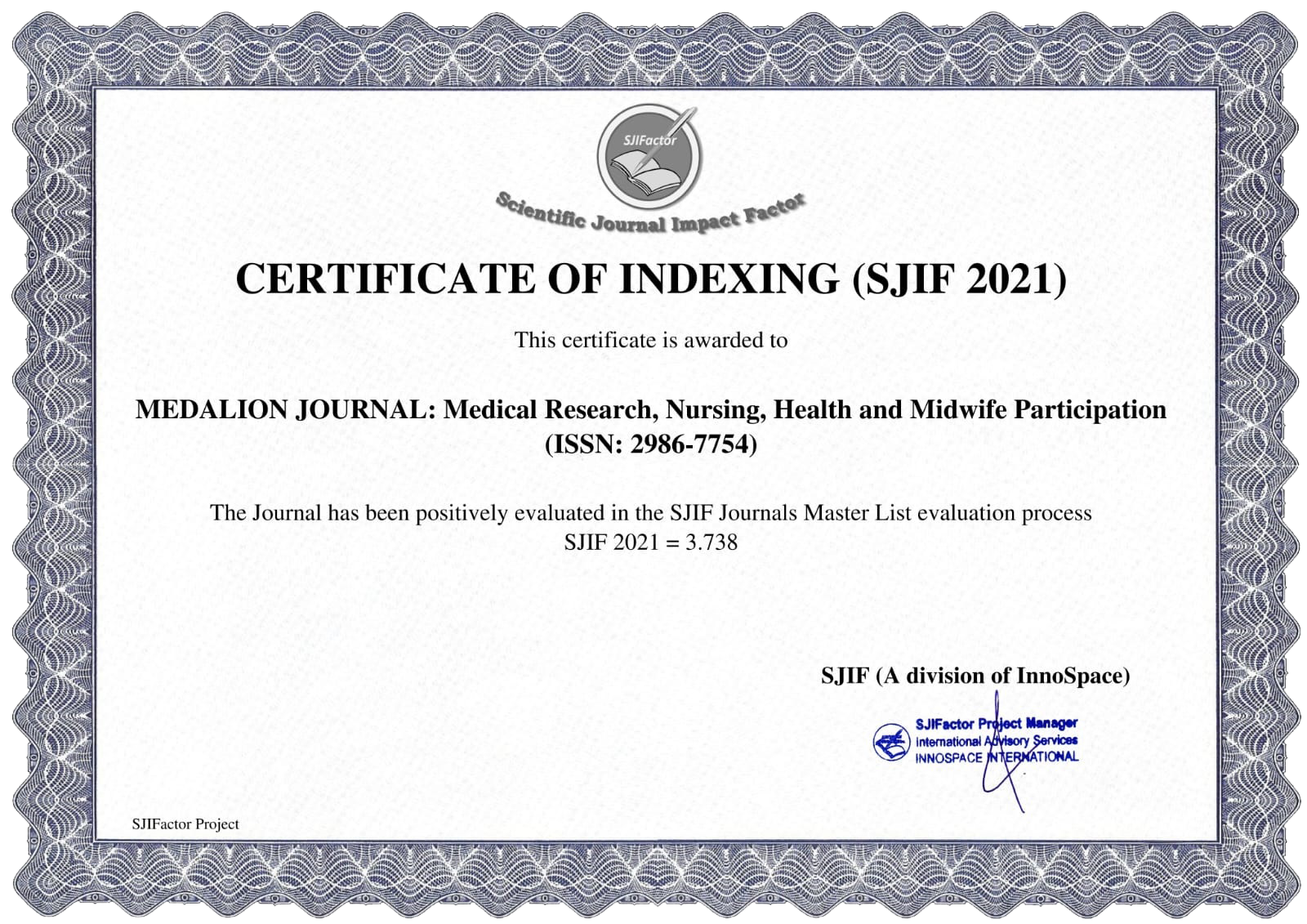CASE STUDY: THE EFFECT OF HEALTHY EATING PATTERNS ON STUDENTS' LEARNING CONCENTRATION
Main Article Content
Ayla Azzura
Teuku Bertha Firdana
Nurhannas Sura Bimanta Sitepu
Fathurrahman Simatupang
A healthy diet plays an important role in supporting students’ cognitive performance and concentration in learning. This article discusses the effects of proper nutrition, such as omega-3 fatty acids, iron, B-complex vitamins, and antioxidants, on brain function, memory, and focus. These nutrients help maintain energy stability, improve focus, and reduce mental fatigue and stress that often interfere with learning. Conversely, a diet rich in sugar, processed foods, and saturated fats can have a negative impact on concentration and academic performance. Students who consume nutritious foods show improved academic performance and better mental health. Therefore, maintaining a healthy diet is essential to supporting cognitive function and achieving optimal academic performance.
Adolphus, K., Lawton, C. L., & Dye, L. (2013). The effects of breakfast on behavior and academic performance in children and adolescents. *Frontiers in Human Neuroscience*, 7, 425.
Beard, J. L., & Connor, J. R. (2003). Iron status and neural functioning. *Annual Review of Nutrition*, 23(1), 41-58.
Benton, D., & Parker, P. Y. (1998). Breakfast, blood glucose, and cognition. *American Journal of Clinical Nutrition*, 67(4), 772-778.
Calder, P. C. (2006). Omega-3 fatty acids and inflammatory processes. *Biochimie*, 88(9), 927-931.
Florence, M. D., Asbridge, M., & Veugelers, P. J. (2008). Diet quality and academic performance. *Journal of School Health*, 78(4), 209-215.
Hoyland, A., Dye, L., & Lawton, C. L. (2009). A systematic review of the effect of breakfast on the cognitive performance of children and adolescents. *Nutrition Research Reviews*, 22(2), 220-243.
Mahoney, C. R., Taylor, H. A., Kanarek, R. B., & Samuel, P. (2005). Effect of breakfast composition on cognitive processes in elementary school children. *Physiology & Behavior*, 85(5), 635-645.
Rendeiro, C., et al. (2012). Dietary supplementation with blueberry powder improves memory in older adults. *Journal of Agricultural and Food Chemistry*, 60(23), 3083-3087.
Richardson, A. J., & Montgomery, P. (2005). The Oxford-Durham study: a randomized, controlled trial of dietary supplementation with fatty acids in children with developmental coordination disorder. *Pediatrics*, 115(5), 1360-1366.
Scarmeas, N., et al. (2006). Mediterranean diet and risk for Alzheimer’s disease. *Annals of Neurology*, 59(6), 912-921.n dampaknya terhadap konsentrasi belajar siswa.
Smith, A. D., et al. (2010). Homocysteine-lowering by B vitamins slows the rate of brain atrophy in mild cognitive impairment: A randomized controlled trial. *PLoS ONE*, 5(9), e12244.
Smith, M., & McGowan, J. (2015). “Nutritional influences on cognitive function and behavior in children: a systematic review.” *The Journal of Child Psychology and Psychiatry*, 56(4), 367-375. Doi:10.1111/jcpp.12304.









